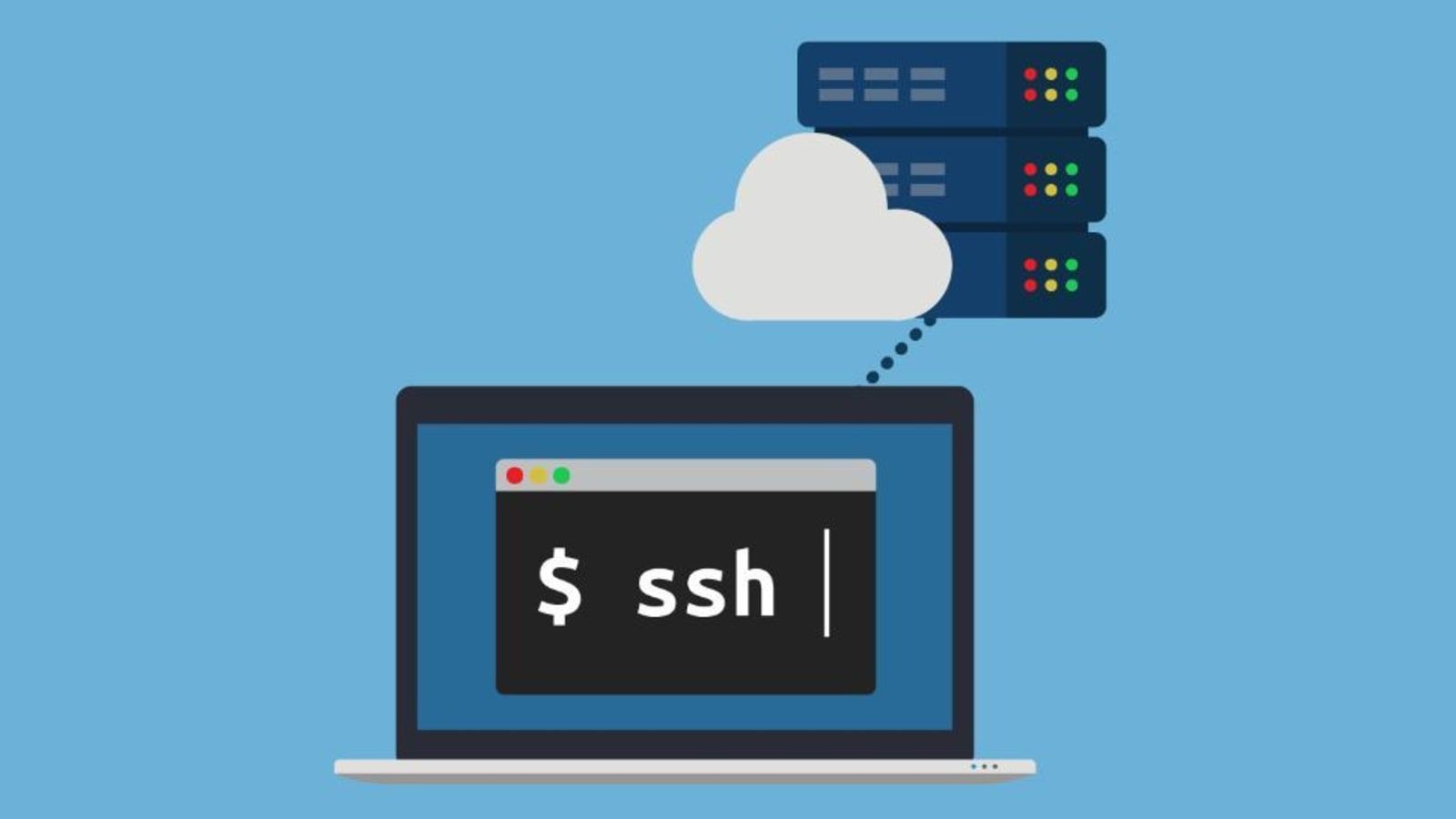What the heck is SSH?
Secure Shell (SSH), sometimes referred to as Secure Socket Shell, is a protocol that enables secure connection to a remote computer or server through a text-based interface.

SSH (Secure Shell) is a cryptographic network protocol used for securely accessing and managing devices over an unsecured network. It's widely used by system and network administrators, as well as anyone who needs to manage a computer remotely with strong security.
How SSH Works?
To establish an SSH connection, two components are required:
- SSH Client:
This is the application installed on the local machine—the one you’re using to initiate the connection. The client uses the remote host's information to send a connection request. If the credentials are valid, an encrypted connection is established. - SSH Server (Daemon):
On the remote machine, an SSH daemon (sshd) runs in the background, continuously listening on a specific TCP/IP port (default: port 22). When a client attempts to connect, the daemon responds with the SSH protocol version and software information, initiating the handshake process.
OpenSSH
OpenSSH is a widely used open-source implementation of the SSH protocol, commonly included in most Linux distributions. Installing and configuring OpenSSH is straightforward and well-documented.
Note: Ubuntu does not include an SSH server by default. You'll need to manually install openssh-server to enable incoming SSH connections.
We hope this was of great use!



